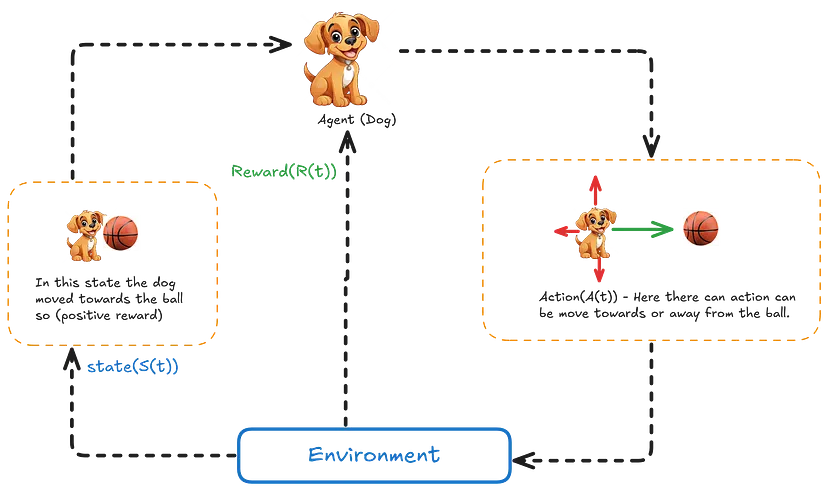Learning Resources
Explore our comprehensive collection of articles, tutorials, and learning materials
Introduction to Deep Reinforcement Learning

Reinforcement Learning (RL) is a groundbreaking field in artificial intelligence that mirrors how humans learn through experience. Similar to how we learn to ride a bicycle through practice and feedback, RL agents learn optimal behavior through trial and error in their environment. This comprehensive guide explores the fundamental concepts, practical applications, and the exciting intersection with deep learning that makes Deep RL one of the most promising areas in AI.
Key Topics Covered
The RL Framework
- Agent-Environment Interaction: The core loop where agents observe, act, and receive feedback
- Markov Decision Processes (MDPs): Mathematical framework defining states, actions, and rewards
- State Spaces: Complete description of the environment the agent can observe
- Action Spaces: Set of all possible actions, from simple movements to complex strategies
- Reward Design: Crafting effective feedback signals to guide learning
- Policy Functions: Mapping states to actions for optimal behavior
Types of Tasks & Applications
- Episodic Tasks: Game playing, robotic assembly, navigation problems
- Continuing Tasks: Process control, resource management, autonomous systems
- Real-world Applications: Self-driving cars, trading algorithms, robotics
- Gaming & Simulation: From Chess to complex strategy games
Deep RL Components
- Neural Networks: Function approximators for complex state spaces
- Experience Replay: Learning from past interactions efficiently
- Policy Gradient Methods: Direct optimization of decision strategies
- Value-Based Methods: Learning to estimate future rewards
- Actor-Critic Architectures: Combining policy and value learning
Advanced Concepts
- Exploration vs. Exploitation: Balancing new discoveries with known rewards
- Multi-Agent Systems: Interaction between multiple learning agents
- Transfer Learning: Applying knowledge across different tasks
- Meta-Learning: Learning to learn more efficiently
- Safe RL: Ensuring reliable and safe agent behavior